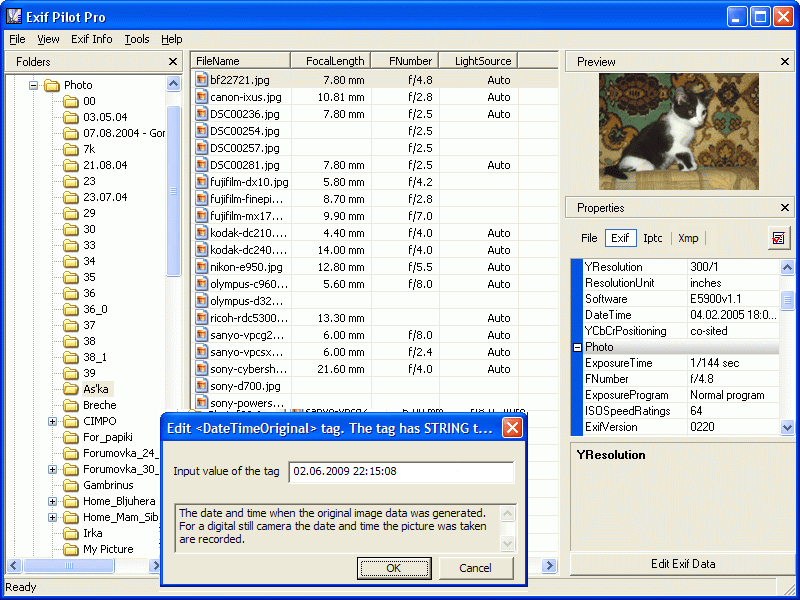
That quantity is called entropy, and it’s often measured in bits.

There is a mathematical quantity which allows us to measure how close a fact comes to revealing somebody’s identity uniquely. But it turns out that if I know these three things about a person, I could probably deduce their identity! Each of the facts is partially identifying. If all I know is their gender, I don’t know who they are. If all I know is their date of birth, I don’t know who they are.
#Linux exiftool scrub zip
If all I know about a person is their ZIP code, I don’t know who they are. If we ask whether a fact about a person identifies that person, it turns out that the answer isn’t simply yes or no. Every year or so, except for some keys that I keep for access to community spaces and some personal stuff that I keep in a container outside of the house, I burn down the entire place and build a new house. Just in case I get guests, invited or otherwise, I make certain messes look like a pile of rubbish so it doesn't get noticed. Sometimes a "correct place" gets designated another physical location. Regularly I sort through the boxes and put stuff in the "correct place" (often the bin). But each room looks less cluttered for now. I end up with basically just more boxes of random stuff. I start at the front door and go from room-to-room picking up the stuff that doesn't belong in each room. When my place is a big mess, I grab some empty boxes. Cookies, metadata of all kinds, temp files, cache files, and not just under the rug. There's already too many files under the rug. Other sensitive information, like metadata.Īnd we can't just simply swipe it under the rug.There's a whole lot of information that we may not want other people to see:




 0 kommentar(er)
0 kommentar(er)
